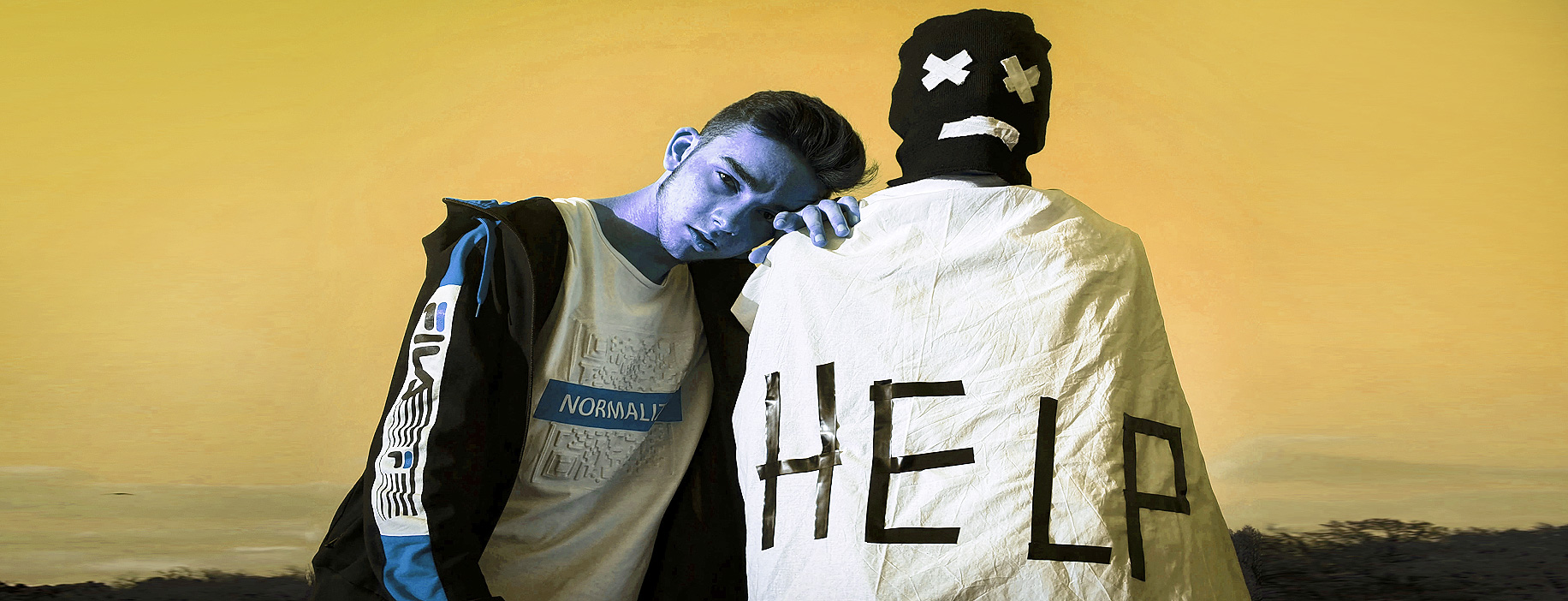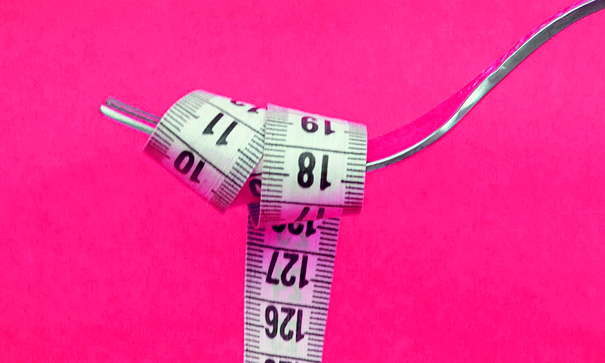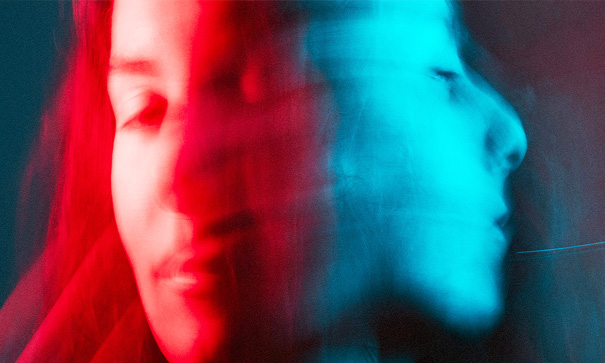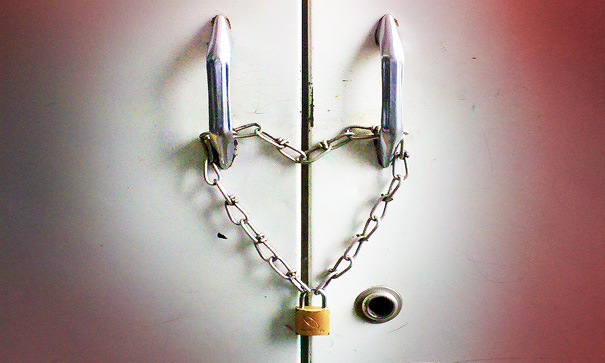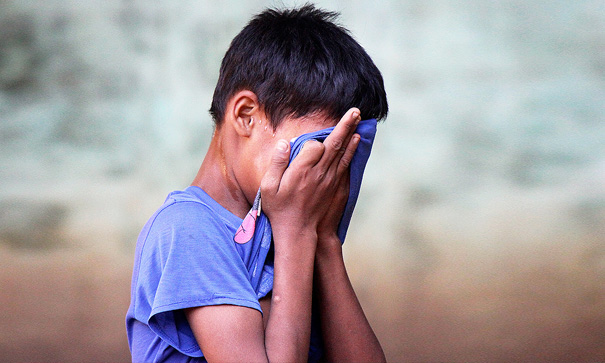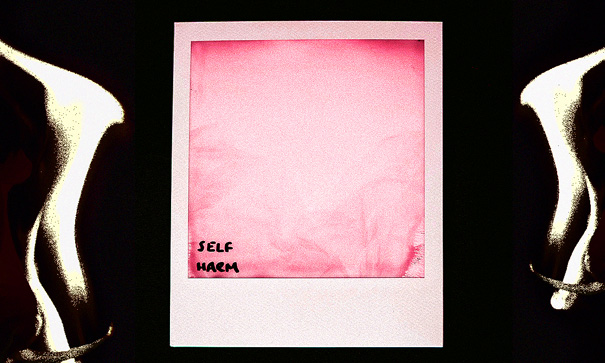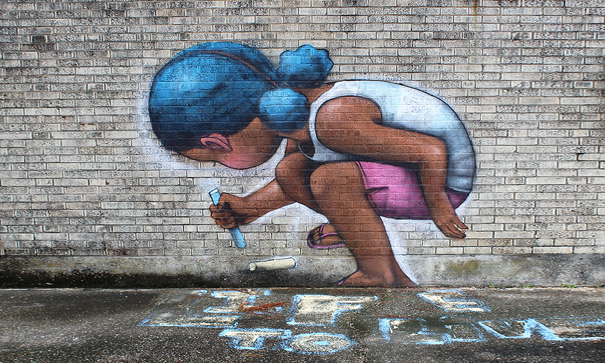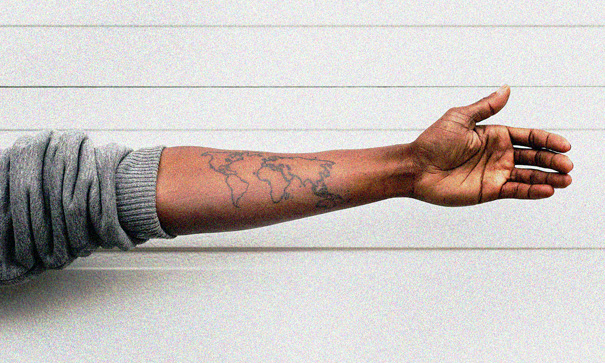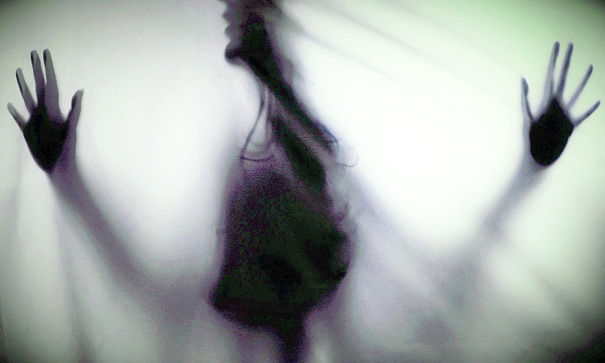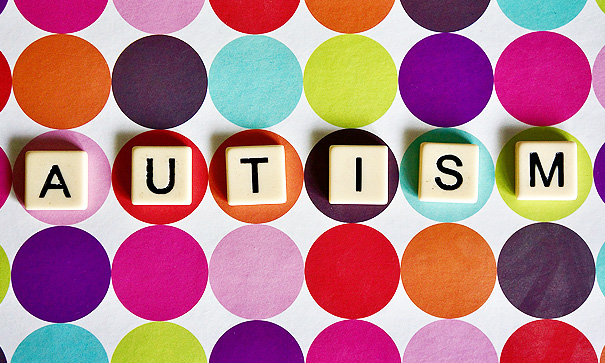What Are Behavioural Disorders?: Generally, behavioural disorders are systematized as a pattern of behaviour issues that are not only disruptive and harmful to you, but those around you as well. But more widely, the term refers to issues that affect your behaviour in a way that is beyond your control and can greatly impact your life. Mental and behavioural disorders are quite common in our society, affecting more than 25% of us all at some point during our lives.
The different types of behavioural problems and behavioural disorders can include specific diagnoses such as attention-deficit hyperactivity disorder (ADHD), oppositional defiant disorder (ODD), autism, post-traumatic stress disorder (PTSD), conduct disorder, bipolar and mood disorders, oppositional defiant disorder (ODD), eating disorders and codependency. Anxiety disorders include obsessive-compulsive disorder (OCD), self-harm and panic disorders.
If these types of behaviour problems are left untreated in childhood, they can have a negative impact on a person’s ability to hold a job, maintain relationships later on in life and possible substance abuse and addiction issues. Some of these disorders can be traced back to biological, family and school-related factors. The specific diagnosed behavioural disorder will mostly involve a display of emotional symptoms (acting out), usually types of behaviour associated with personal distress and possible impaired functioning.
Behaviour problems in children: Parents, family, carers and teachers may observe a pattern of disruptive acting out in children with behavioural disorders that could last for at least 6 months. Such symptoms might be responsible for problems in school, at home and in social situations. These kinds of behaviour patterns may include hyperactivity, lack of attention, learning difficulties, defiant behaviour, anger, secrecy, self-harm, aggression and can even lead to criminal activity, drug use and even inappropriate sexual behaviour.
These types of behaviour issues may be genetic, situational, or related to experiences from your early childhood. There are many types of therapy that can help you or your child with behavioural issues, some of which have been developed specifically to support those with certain disorders.
Most behavioural disorders can be identified and diagnosed using clinical and therapeutic methods that are similar to those used for physical and emotional problems. While some cannot be cured, the correct treatment can help ensure that the affected person’s conditions are effectively managed, allowing people who suffer from these behavioural issues to be able to live balanced and productive lives.

